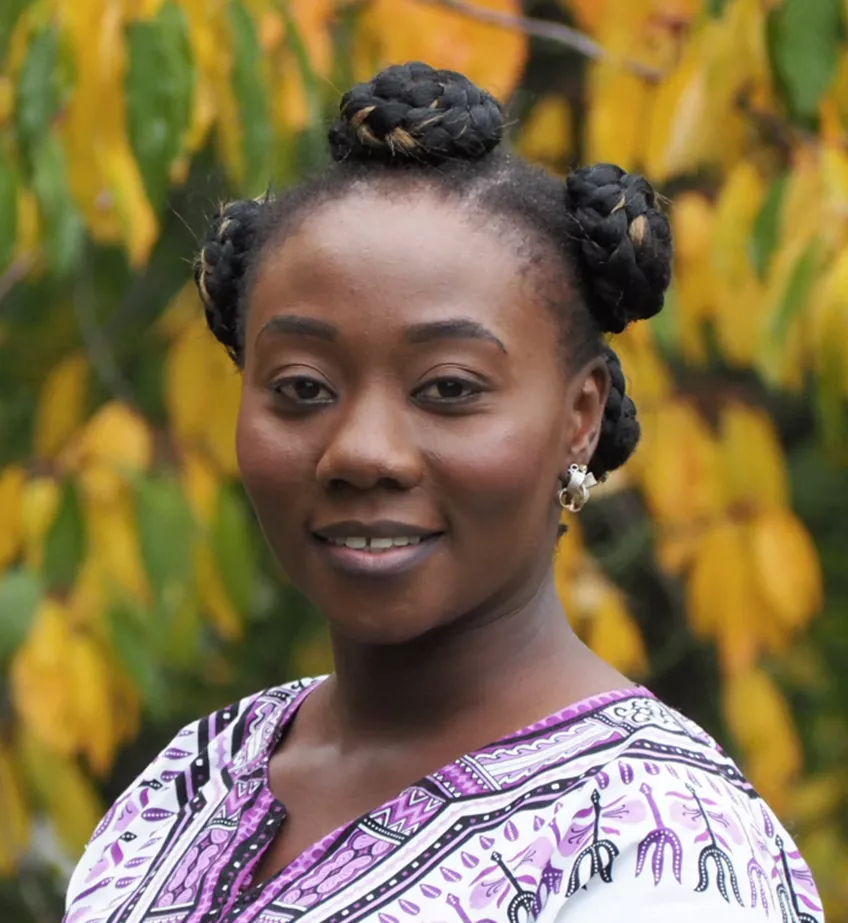Abstract
Purpose
To explore school-aged children's experiences about their best interests and participation in care during a hospital admission.
Design and methods
A descriptive qualitative design involving in-depth, iterative inductive review of child responses to generate key words that led to identification of categories and themes. The study was guided by the United Nations Convention on the Rights of the Child's definition of the best interests of the child, Bronfenbrenner's bioecological model and a child centred care approach.
Results
Nine school-aged children (5–15 years old) from one children's ward in Australia participated. Analysis yielded thirteen categories, six sub-themes, and three themes: 1) Relationships with parents were positive when they met their children's physical and emotional needs and advocated for them; 2) Relationships with staff were positive when staff created opportunities for children to have a say in their healthcare, and checked in on the children and 3) Seeking familiarity away from home was facilitated when the environment children found themselves in provided them their own space and various forms of entertainment.
Conclusion
School-aged children were able to verbalize what their best interests were and how participation in care could be facilitated in the hospital setting. The inter-relationships of the children with their parents, healthcare professionals, and the immediate environment reflected interactions both within, and between systems.
Research and practice implications
Children in hospital need to be provided with age-appropriate opportunities to participate in shared decision making to support their best interests. Studies that model and evaluate such opportunities are needed.


